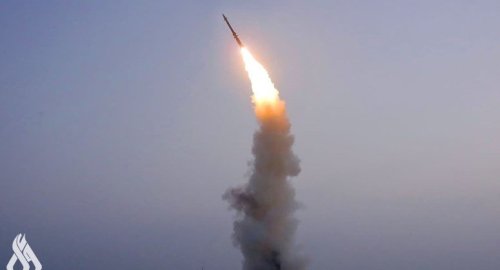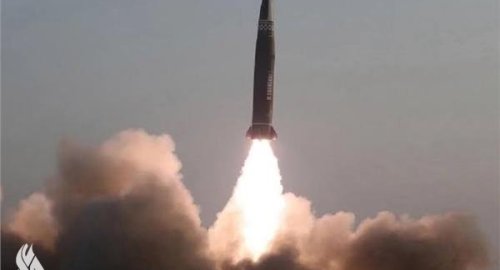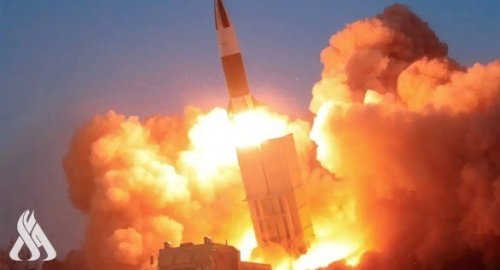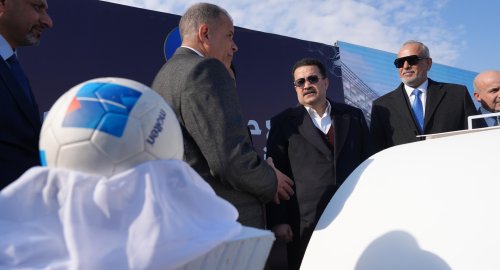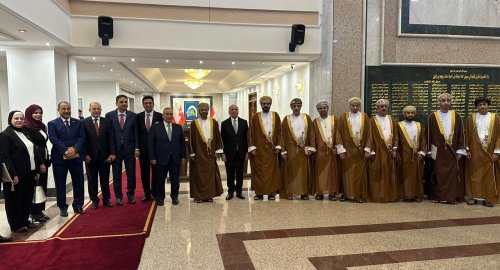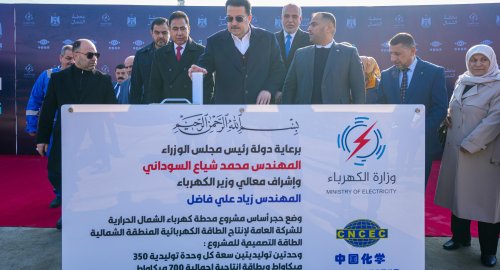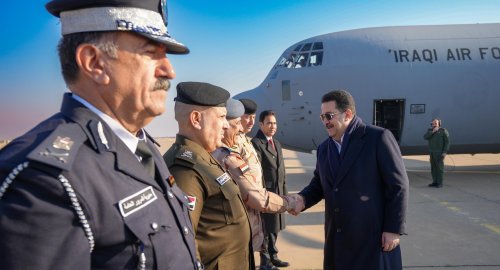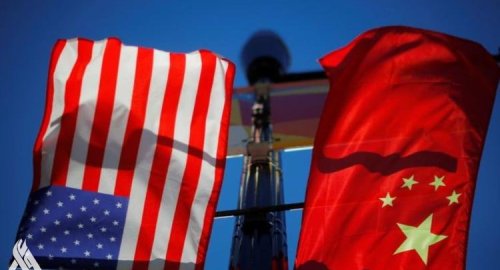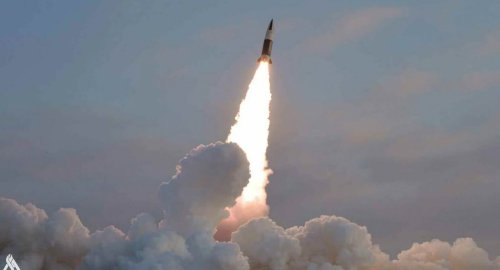
North Korea fires suspected ICBM amid signs of preparation for nuclear test

- 25-05-2022, 09:37
INA- sources
North Korea has fired a three missiles, including one believed to have long-range capabilities, into the sea off its east coast, the South Korean military has said, a day after Joe Biden ended his first to Asia as US president.
Hours after the missile tests, South Korea’s presidential office said it had detected signs the North had “conducted an experiment” in preparation for a possible nuclear test, according to the Yonhap news agency.
US and South Korean officials recently warned that the North could conduct a missile or nuclear test – or both – during or soon after Biden’s five-day visit to the region.
South Korea’s Joint Chiefs of Staff said in a statement the three missiles on Wednesday were fired from the Sunan area of the capital, Pyongyang, and flew toward waters off the North’s eastern coast between 6am and 7am. They said that one – thought to be an intercontinental ballistic missile – had flown 360km (223 miles) at a maximum altitude of 540km (335 miles).
Advertisement
Japanese officials said the missiles appeared to have landed outside the country’s exclusive economic zone, adding that there had been and no reports of damage to ships or aircraft so far.
The North Korean leader, Kim Jong-un
FBI seeks arrest of man claiming to be North Korea ‘special delegate’
Read more
South Korea’s new president, Yoon Suk-yeol, condemned the tests after a meeting of the National Security Council on Wednesday. Yoon’s office said he and officials had described the missile launches as a “grave provocation that violates UN security council resolutions, raises tensions on the Korean peninsula and in north-east Asia and threatens international peace, and strongly condemned them”.
Yoon, who was sworn in earlier this month, has vowed to get tough with Pyongyang after five years of failed diplomacy.
Yonhap said South Korea’s military had mobilised around 30 F-15K fighter planes in response to the launches.
Media reports said the South’s foreign minister, Park Jin, and the US secretary of state, Antony Blinken, had agreed to work together on a new UN sanctions resolution in response to the launches.
The US Indo-Pacific Command said the missile tests highlight “the destabilising impact of (North Korea’s) illicit weapons programme,” although they didn’t pose an immediate threat to US territory and its allies. A command statement said the US commitment to the defence of the South Korea and Japan “remains ironclad”.
Japan’s prime minister, Fumio Kishida, said North Korea’s recent actions, including its ballistic missile launches, “threaten the peace, stability and safety of Japan and the international community and are not acceptable,” according to the Kyodo news agency.
North Korea has carried out 17 rounds of missile launches this year, including test-firing intercontinental ballistic missiles at full range for the first time since 2017.
The latest test comes days after Biden visited South Korea and hours after he returned to Washington following a trip to Japan on the second leg of his visit.
Wednesday’s launches could be a response to an agreement between Biden and Yoon to discuss an expansion in US-South Korea military exercises, which North Korea considers a rehearsal for an invasion.
Biden and Yoon also discussed the possible deployment of more powerful US military assets in South Korea to counter the threat from Pyongyang.
Joint exercises had been scaled back due to Covid and to help Biden and Yoon’s predecessors, Donald Trump and Moon Jae-in, embark on a round of ultimately unsuccessful talks to persuade the North Korean leader, Kim Jong-un, to dismantle his nuclear arsenal.
Any buildup of forces or expansion of joint military exercises would likely enrage Pyongyang. In Seoul, Biden told reporters he would be prepared to meet Kim, but only if he was “sincere and serious” about denuclearisation. Asked if he had a message for Kim, he simply replied: “Hello. Period,” adding that the US was “prepared for anything North Korea does”.
Kim has recently doubled down on his missile and nuclear programmes. New satellite imagery indicates the North has resumed construction at a long-dormant nuclear reactor, despite battling a potentially disastrous outbreak of Covid-19.
The virus has torn through the country’s unvaccinated population of 25 million since authorities confirmed the first ever Omicron cases in Pyongyang earlier this month.
More than 3 million people have been sick with “fever”, North Korean state media said on Wednesday, with 68 deaths since the outbreak began in late April.
US and South Korean officials are unsure of how the the health crisis could affect Kim’s decision on nuclear tests.
On 12 May, North Korea test-fired ballistic missiles the same day that Kim declared an “emergency” over the Covid outbreak. A few days earlier, North Korea test-fired a submarine-launched ballistic missile, which itself came just three days after a separate ballistic missile launch.
North Korea’s state media, which typically reports on weapons tests within 24 hours of a successful launch, has not commented on any of those tests.
South Korea said last week that North Korea had completed preparations for a nuclear test and was waiting for the “right time” to conduct it.
SOURCES: THE GUARDIAN
Al-Sudani launches construction of North Thermal Power Plant
- politics
- 12:03
PM Al-Sudani arrives in Nineveh
- politics
- 10:17
China Says It 'Firmly Opposes' US Military Aid To Taiwan
- International
- 07:36
US Central Command: We killed ISIS terrorist leader Abu Yusuf in Syria
- International
- 24/12/20
Liverpool compete with Real Madrid to sign Olympique Lyonnais star
- Security
- 24/12/19
ISC, ADX discuss Strengthening Economic Ties
- Economy
- 24/12/16
Iraq assumes presidency of Arab Investment Company’s Executive Board
- Economy
- 24/12/17
